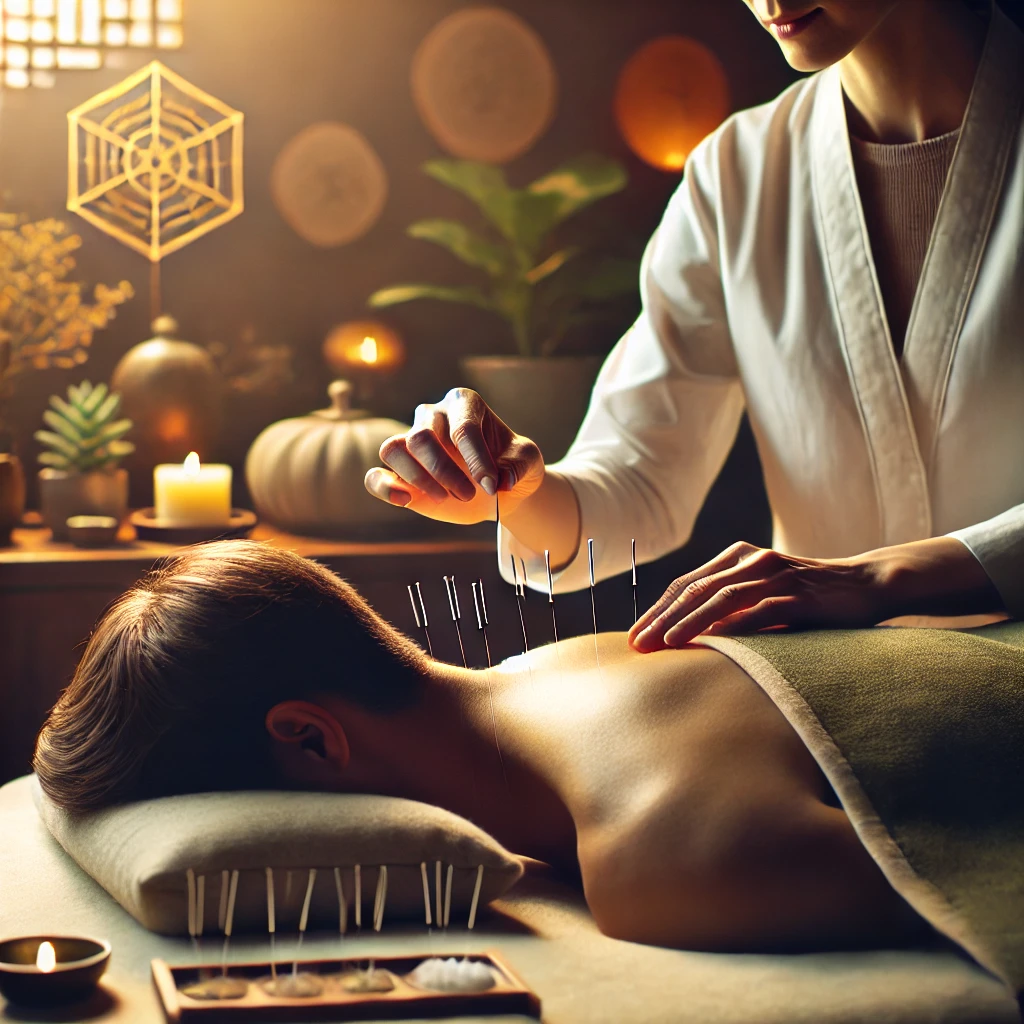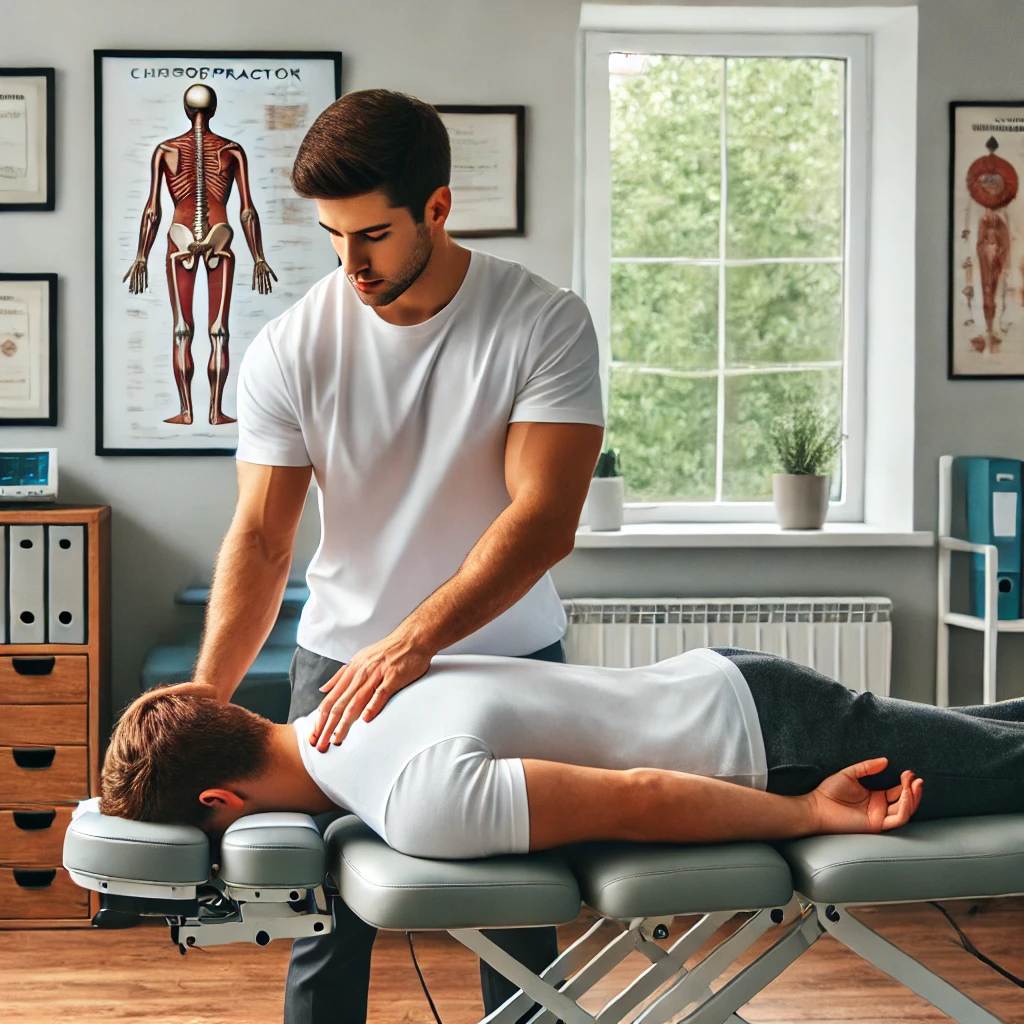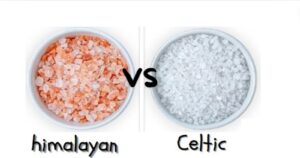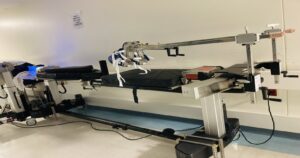Holistic health therapy is an approach to wellness that considers the whole person, encompassing their physical, mental, emotional, and spiritual well-being. Unlike traditional medicine, which often focuses on treating specific symptoms or illnesses, holistic health therapy aims to address the root causes of health issues and promote overall balance and harmony in a person’s life.
Key Components of Holistic Health Therapy:
- Physical Health:
- Nutrition: Emphasizing a balanced diet rich in whole foods, vitamins, and minerals.
- Exercise: Encouraging regular physical activity tailored to individual needs and preferences.
- Sleep: Promoting adequate and quality sleep for recovery and overall health.
- Natural Remedies: Using herbs, supplements, and other natural treatments to support health.
- Mental Health:
- Stress Management: Techniques such as meditation, mindfulness, and relaxation exercises.
- Cognitive Therapies: Approaches like cognitive-behavioral therapy (CBT) to address negative thought patterns.
- Emotional Release: Practices like journaling, art therapy, or talking to a counselor.
- Emotional Health:
- Emotional Awareness: Developing an understanding and acceptance of one’s emotions.
- Healthy Relationships: Building and maintaining supportive and positive relationships.
- Self-Love and Compassion: Cultivating self-acceptance and kindness towards oneself.
- Spiritual Health:
- Connection: Feeling connected to something greater than oneself, which could be a religious belief, nature, or a sense of purpose.
- Mindfulness and Meditation: Practices that foster a deeper sense of presence and awareness.
- Values and Beliefs: Living in alignment with one’s core values and beliefs.

Methods and Modalities of Holistic health therapy
Holistic health therapy incorporates a variety of modalities to achieve a state of holistic wellness, including:
- Acupuncture and Acupressure
- Chiropractic Care
- Massage Therapy
- Reiki and Energy Healing
- Yoga and Tai Chi
- Aromatherapy
- Homeopathy
- Naturopathy
1. Acupuncture
- Description: An ancient Chinese practice that involves inserting thin needles into specific points on the body to balance the flow of energy (Qi) and promote healing.
- Benefits: Pain relief, improved digestion, stress reduction, enhanced immune function.

2. Chiropractic Care
- Description: A form of therapy that focuses on diagnosing and treating mechanical disorders of the musculoskeletal system, particularly the spine.
- Benefits: Pain relief, improved mobility, enhanced nerve function, better posture.

3. Massage Therapy
- Description: The manipulation of soft tissues to enhance health and well-being.
- Benefits: Reduced muscle tension, improved circulation, stress relief, enhanced relaxation.
4. Herbal Medicine
- Description: The use of plant-based substances for their therapeutic properties.
- Benefits: Natural remedies for various ailments, support for immune health, improved digestion, reduced inflammation.

5. Aromatherapy
- Description: The use of essential oils extracted from plants for therapeutic purposes.
- Benefits: Stress reduction, improved mood, enhanced relaxation, relief from headaches and other minor ailments.

6. Homeopathy
- Description: A system of alternative medicine based on the principle of “like cures like,” using highly diluted substances to stimulate the body’s healing response.
- Benefits: Gentle treatment for chronic conditions, support for the immune system, personalized remedies.
- Use of Homeopathy: Homeopathic remedies are used to treat a wide range of conditions, including allergies, asthma, headaches, chronic pain, digestive issues, and psychological conditions such as anxiety and depression. Remedies are typically taken in the form of small pellets, liquid drops, tablets, or creams.
7. Naturopathy
- Description: A holistic approach to health care that emphasizes prevention and the body’s natural ability to heal, using a variety of therapies including nutrition, herbal medicine, and lifestyle changes.
- Benefits: Comprehensive care, emphasis on prevention, support for overall wellness, personalized treatment plans.
8. Yoga
- Description: A mind-body practice that combines physical postures, breathing exercises, and meditation.
- Benefits: Improved flexibility, strength, and balance, stress reduction, enhanced mental clarity, improved overall well-being.
9. Meditation
- Description: A practice where an individual uses techniques such as mindfulness or focusing the mind on a particular object, thought, or activity to achieve a mentally clear and emotionally calm state.
- Benefits: Reduced stress and anxiety, improved focus and concentration, enhanced self-awareness, better emotional health.
10. Reiki and Energy Healing
- Description: A form of energy healing where the practitioner uses their hands to channel energy into the patient, promoting healing and balance.
- Benefits: Stress reduction, enhanced relaxation, support for emotional healing, improved energy flow.
- History: Reiki has become widely practiced in India, starting around 1992. By 1994, Reiki teaching expanded significantly, and now there are approximately one million practitioners. The practice is especially popular due to its healing benefits and accessibility for low-income individuals. William Lee Rand and his students taught classes in major cities, adjusting costs to be affordable. Additionally, Rand visited the Sai Baba ashram, seeking blessings for world peace and unity within the Reiki community. This visit was spiritually significant, and Rand plans to return.
11. Ayurveda
- Description: An ancient Indian system of medicine that focuses on balancing the body, mind, and spirit through diet, herbal treatments, and lifestyle practices.
- Benefits: Personalized health recommendations, improved digestion, support for mental health, prevention of chronic diseases.
12. Tai Chi
- Description: A Chinese martial art that involves slow, controlled movements and deep breathing.
- Benefits: Improved balance and coordination, reduced stress, enhanced flexibility, support for cardiovascular health.
13. Sound Therapy
- Description: The use of sound vibrations to promote relaxation and healing.
- Benefits: Stress reduction, improved mood, enhanced relaxation, support for mental clarity.
14. Biofeedback
- Description: A technique that teaches people to control physiological processes such as heart rate and muscle tension through feedback from electronic devices.
- Benefits: Improved control over bodily functions, reduction of stress and anxiety, support for managing chronic pain.
Benefits of Holistic Health Therapy:
- Personalized Care: Treatment plans are tailored to the individual’s unique needs and circumstances.
- Preventative Focus: Emphasis on preventing illness and maintaining health rather than just treating diseases.
- Improved Quality of Life: Addressing all aspects of well-being can lead to a more balanced and fulfilling life.
- Empowerment: Encourages individuals to take an active role in their health and wellness.
Holistic health therapy is about finding balance and harmony in all aspects of life, promoting a comprehensive and integrated approach to well-being.
Types Holistic Health Therapy

1. Mind-Body Connection Healing: This focuses on the interconnectedness of physical, mental, and emotional health. Practices like yoga, tai chi, and meditation are highlighted for their benefits in reducing stress, anxiety, and improving overall well-being

2. Personalized Nutrition and Nutrigenomics: This emerging field tailors dietary advice based on an individual’s genetic makeup, optimizing health by addressing specific nutritional needs and concerns

3. Technology Integration in Wellness: The use of wearable health devices and meditation apps to track health metrics and promote mental wellness is becoming more widespread. These tools help in proactive health management by providing real-time feedback and personalized health insights.

4. Cold Therapy and Contrast Therapy: Practices such as cold plunging and alternating between hot and cold treatments are gaining popularity for their benefits in muscle recovery, immune support, and mental health improvement.
Who should avoid holistic therapy
While holistic therapy can offer many benefits, certain individuals should approach it with caution or avoid it altogether in specific situations:
- Severe Medical Conditions: Individuals with severe or life-threatening medical conditions, such as advanced cancer, heart disease, or serious infections, should prioritize conventional medical treatments. Holistic therapies can be complementary but should not replace evidence-based medical care.
- Mental Health Disorders: Those with severe mental health disorders, such as schizophrenia, severe depression, or bipolar disorder, should seek conventional psychiatric care. Holistic therapies might be helpful as an adjunct but should not replace conventional treatments.
- Pregnancy: Pregnant women should be cautious with certain holistic therapies, such as herbal remedies, essential oils, or acupuncture, as some practices can affect pregnancy. It’s crucial to consult with a healthcare provider before starting any new therapy.
- Allergies and Sensitivities: Individuals with known allergies or sensitivities to certain herbs, oils, or other substances used in holistic treatments should avoid these specific therapies.
- Children and the Elderly: These groups can be more vulnerable to the effects of certain holistic therapies. Always consult with a healthcare provider before starting any new treatment.
- Lack of Regulation: Be cautious of holistic practitioners who lack proper credentials or training. It’s important to seek treatment from qualified and certified professionals.
- Interference with Conventional Treatments: Some holistic therapies can interact with conventional medications or treatments. Always inform your healthcare provider about any holistic therapies you are considering or currently using.
- Financial Constraints: Holistic therapies can sometimes be expensive and may not be covered by insurance. Ensure that the cost does not prevent you from receiving necessary conventional medical care.
Risks and side effects associated with holistic therapies.
General Risks
- Lack of Scientific Evidence: Some holistic therapies lack rigorous scientific validation. This can make it difficult to predict their effectiveness and safety.
- Interaction with Conventional Treatments: Holistic therapies can interact with conventional treatments, potentially reducing their effectiveness or causing adverse reactions.
Specific Risks and Side Effects
- Acupuncture:
- Infection: Risk of infection from unsterilized needles.
- Injury: Accidental injury to organs if needles are inserted too deeply.
- Dizziness or Fainting: Some people may feel dizzy or faint during or after treatment.
- Herbal Medicine:
- Allergic Reactions: Some herbs can cause allergic reactions.
- Toxicity: Certain herbs can be toxic, especially in high doses.
- Interactions: Herbs can interact with prescription medications, causing side effects or reducing efficacy.
- Chiropractic Care:
- Soreness: Temporary soreness or discomfort after adjustments.
- Stroke: Rare risk of stroke after neck manipulation.
- Nerve Damage: Potential for nerve damage if not performed correctly.
- Massage Therapy:
- Bruising: Some people may experience bruising or soreness.
- Nerve Damage: Rare risk of nerve damage.
- Worsening Conditions: Certain conditions (e.g., fractures, deep vein thrombosis) can be worsened by massage.
- Yoga:
- Injury: Risk of injury from incorrect postures or overexertion.
- Exacerbation of Existing Conditions: Certain poses may exacerbate pre-existing conditions.
- Homeopathy:
- Ineffectiveness: Lack of evidence for effectiveness; reliance on homeopathy instead of proven treatments can delay proper medical care.
- Adverse Reactions: Potential for adverse reactions from improperly prepared remedies.
Considerations for Safe Use of Holistic therapy
- Consult with Healthcare Providers: Always consult with healthcare providers before starting any holistic therapy, especially if you have underlying health conditions or are taking other medications.
- Qualified Practitioners: Seek treatment from qualified and licensed practitioners.
- Research: Look for scientific evidence supporting the effectiveness and safety of the therapy.
- Monitor for Side Effects: Be aware of any side effects and report them to your healthcare provider.
Questions People ask about holistic health therapy, along with their answers:
1. How does holistic health therapy differ from conventional medicine? Holistic health therapy focuses on treating the root causes of health issues rather than just the symptoms. It often incorporates a variety of therapies, including natural remedies, lifestyle changes, and alternative treatments like acupuncture, massage, and herbal medicine, alongside conventional medical treatments.
2. What types of treatments are used in holistic health therapy? Treatments can include nutritional counseling, exercise, stress management techniques, acupuncture, chiropractic care, herbal medicine, yoga, meditation, massage therapy, and other complementary therapies.
3. Can holistic health therapy be used alongside conventional medicine? Yes, holistic health therapy can complement conventional medical treatments. Many practitioners recommend an integrative approach, where holistic and conventional treatments are used together to provide the best possible outcomes for patients.
4. Is holistic health therapy safe? When practiced by trained and certified professionals, holistic health therapy is generally safe. However, it’s important to consult with healthcare providers before starting any new treatment, especially if you have existing health conditions or are taking medications.
5. How do I find a qualified holistic health practitioner? Look for practitioners who are certified and have received formal training in their respective fields. Recommendations from healthcare providers, friends, and family, as well as research through reputable organizations and professional associations, can also help you find qualified practitioners.
6. What are the benefits of holistic health therapy? Benefits can include improved overall health and well-being, reduced stress, better management of chronic conditions, enhanced mental clarity, improved energy levels, and a greater sense of balance and harmony in life. Holistic health therapy can also promote preventive care and support long-term wellness.
7. What conditions can be treated with holistic health therapy? Holistic health therapy can address a wide range of conditions, including stress, anxiety, depression, chronic pain, digestive issues, sleep disorders, hormonal imbalances, and immune system support. It is also used for preventive care and general wellness.
8. How long does it take to see results from holistic health therapy? The time it takes to see results can vary widely depending on the individual, the condition being treated, and the types of therapies used. Some people may experience improvements quickly, while others may need several weeks or months of consistent therapy to see significant changes.
9. What role does nutrition play in holistic health therapy? Nutrition is a cornerstone of holistic health therapy. A balanced, nutrient-rich diet supports overall health, boosts the immune system, and can help manage or prevent various health conditions. Holistic practitioners often provide personalized dietary recommendations based on individual health needs.
10. Can holistic health therapy help with mental health issues? Yes, holistic health therapy often includes approaches to improve mental health, such as counseling, meditation, mindfulness, and other stress-relief techniques. These methods can help manage anxiety, depression, and other mental health conditions by promoting a sense of calm and balance.
11. Are there any risks or side effects associated with holistic health therapy? While holistic health therapies are generally safe, there can be risks or side effects, particularly if therapies are not properly administered or if they interact with conventional treatments. It’s important to work with trained and certified practitioners and to discuss any existing health conditions and medications with your healthcare provider before starting new therapies.
Resources
https://positivepsychology.com/holistic-therapy
https://www.reiki.org/articles/reiki-india
https://www.healthline.com/health/mental-health/holistic-therapy









